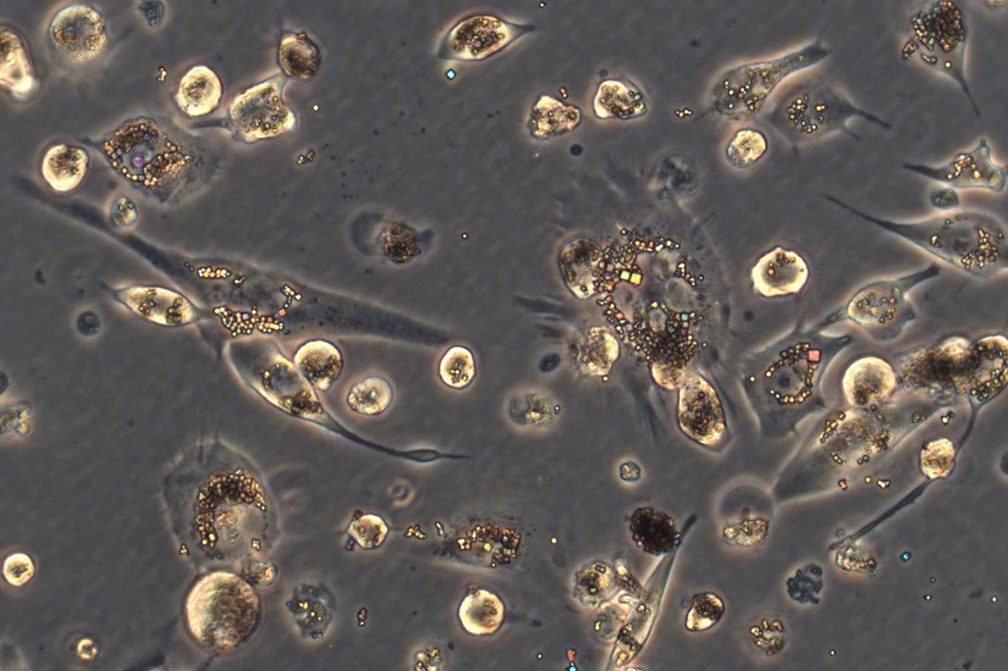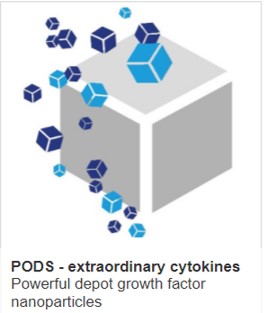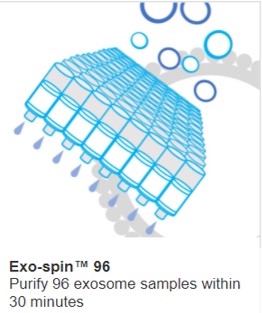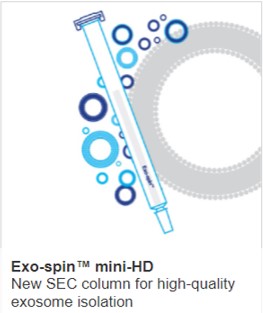New drug technology creates cancer-infiltrating cellular Trojan horses

PRESS RELEASE. CAMBRIDGE UK
Cancer drugs struggle to reach a tumour’s core. Cambridge researchers develop cellular “Trojan horse” to deliver cancer drugs more effectively
Our bodies have an army of specialized immune cells to protect us from disease. Helping these immune cells to work better is an effective strategy against cancer. Amongst immune cells, mononuclear phagocytes (MPs) have a particular pattern of behaviour. MPs patrol the blood, ingesting microbes and particles. MPs also seek-out diseased tissues, including cancer, to coordinate the immune response. This unique lifecycle suggested the possibility of harnessing MPs to carry drug particles, creating cellular “Trojan horses” to efficiently shuttle drugs into a tumour.
The problem has been that MPs normally digest and destroy any ingested particles. Developing drug particles that are resistant to this degradation and still capable of efficiently releasing their drug cargo inside the tumour has been challenging. A new study published this week in bioRxiv has shown how these cells can possibly be exploited to provide actively targeted cancer drug delivery.
Researchers at Cell Guidance Systems, a biotechnology company based in Cambridge, UK, together with collaborators at Stanford University, California, and the International University of Health and Welfare, Japan used microscopic cubic protein crystals, called PODS® crystals (PODS) to deliver protein drugs. MPs rapidly ingest PODS and subsequently secrete their cargo protein as a bioactive drug.
The researchers tested the PODS containing the cytokine drugs interleukin-2, interleukin-15 and interferon-gamma in a mouse cancer model. Interleukin-15 is an experimental drug. Interleukin-2 and interferon-gamma are marketed drugs that are highly effective in some patients but rarely used due to the need for high doses which induce severe side effects.
In this study, intravenously injected PODS containing these drugs resulted in tumours that grew more slowly and had more activated T cells compared to tumours from control mice. Many of the treated tumours shrank. Astonishingly, in some of the treated mice, the immune response was so strong that the tumour was completely rejected and detached from the animal.
Dr Michael Jones, who led the study, commented “Better targeted drug delivery can transform the power of drugs making them more effective in more patients. These studies build on earlier in-vitro studies that demonstrated phagocytic uptake of PODS and release of bioactive proteins from macrophages and other MPs. The potential of PODS to both improve the efficacy of protein drugs and reduce side-effects is very exciting. Further studies to assess the safety of PODS will need to be completed before any studies in humans begin”.
Cell Guidance Systems Ltd is a Cambridge, UK-based biotechnology company focussed on the development of PODS® crystals for research, biomanufacturing, and therapeutic applications. Contact [email protected]



